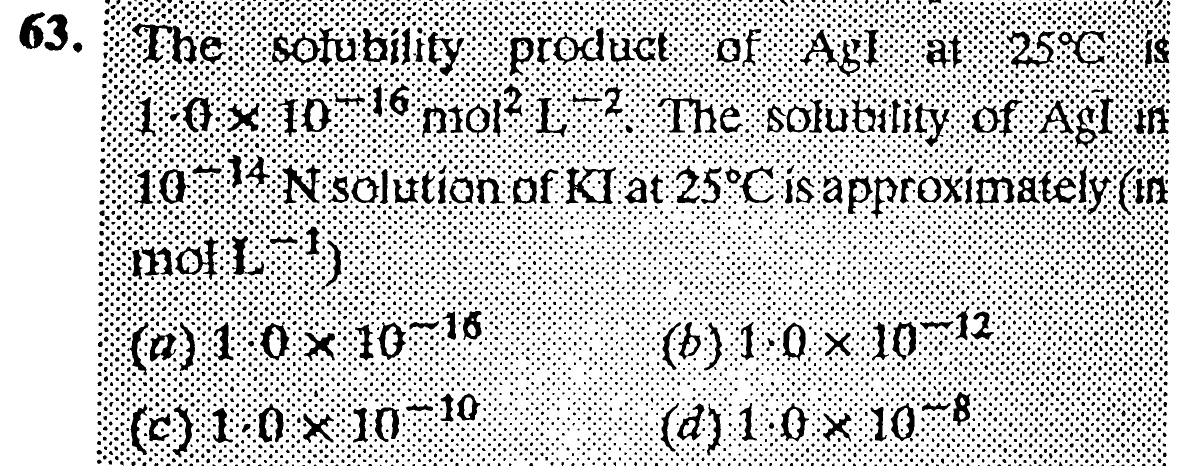
AllQuestion and Answers: Page 1786
Question Number 31531 Answers: 0 Comments: 0
Question Number 31529 Answers: 0 Comments: 1
Question Number 31528 Answers: 0 Comments: 1
Question Number 31526 Answers: 0 Comments: 2
Question Number 31523 Answers: 0 Comments: 0
Question Number 31522 Answers: 0 Comments: 1
Question Number 31521 Answers: 0 Comments: 1
Question Number 31519 Answers: 1 Comments: 0

Question Number 31517 Answers: 0 Comments: 1
Question Number 31516 Answers: 1 Comments: 1
$${find}\:\int\:\:\:\frac{{dx}}{{x}\:+\sqrt{\mathrm{1}+{x}^{\mathrm{2}} }}\:. \\ $$
Question Number 31515 Answers: 1 Comments: 1
$${calculate}\:\int_{\mathrm{0}} ^{\mathrm{1}} \:\:\:\frac{{dx}}{{chx}}\:. \\ $$
Question Number 31514 Answers: 1 Comments: 0
Question Number 31513 Answers: 1 Comments: 1
$${find}\:\int_{\mathrm{0}} ^{\mathrm{2}\pi} \:\:\:\frac{{dx}}{\mathrm{2}\:+{cosx}}\:\:. \\ $$
Question Number 31512 Answers: 0 Comments: 1
Question Number 31511 Answers: 0 Comments: 0
Question Number 31510 Answers: 0 Comments: 2
Question Number 31509 Answers: 0 Comments: 1
Question Number 31508 Answers: 0 Comments: 0
Question Number 31507 Answers: 0 Comments: 0
Question Number 31506 Answers: 0 Comments: 1
Question Number 31505 Answers: 0 Comments: 0
Question Number 31504 Answers: 0 Comments: 1
Question Number 31503 Answers: 0 Comments: 1
Question Number 31502 Answers: 0 Comments: 3
Question Number 31501 Answers: 0 Comments: 1
Question Number 31500 Answers: 0 Comments: 3
Pg 1781 Pg 1782 Pg 1783 Pg 1784 Pg 1785 Pg 1786 Pg 1787 Pg 1788 Pg 1789 Pg 1790
